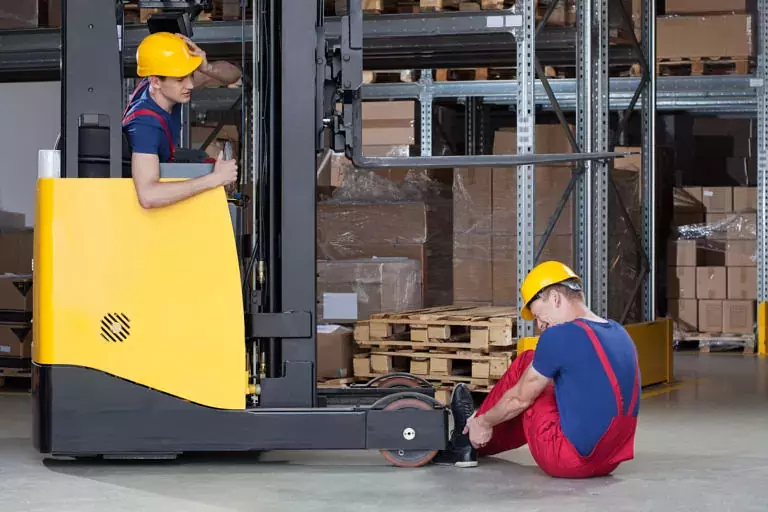 Are your workers falling asleep at the switch? Do you find many of your colleagues keener to catch some z’s as opposed to completing that critical project? Many American workers claim that their sleeping needs are not met on a daily, weekly, and even monthly basis. With the challenges of finding a balance between working eight hours per day, commuting, and managing personal life, it is an overwhelming task for many employees to get the sleep that they need to be prepared for work. While operating in a warehouse, this can be especially dangerous. In harsh environments such as these, workers need to be alert and attentive at all times. A lack of sleep or exhaustion directly impacts this. However, there is good news. A few changes in behaviors can combat the effect of sleep exhaustion and even reverse their effects despite the fact that a lack of sufficient sleep builds up cumulates. Here are four proven ways to combat sleep deprivation in the warehouse:
Are your workers falling asleep at the switch? Do you find many of your colleagues keener to catch some z’s as opposed to completing that critical project? Many American workers claim that their sleeping needs are not met on a daily, weekly, and even monthly basis. With the challenges of finding a balance between working eight hours per day, commuting, and managing personal life, it is an overwhelming task for many employees to get the sleep that they need to be prepared for work. While operating in a warehouse, this can be especially dangerous. In harsh environments such as these, workers need to be alert and attentive at all times. A lack of sleep or exhaustion directly impacts this. However, there is good news. A few changes in behaviors can combat the effect of sleep exhaustion and even reverse their effects despite the fact that a lack of sufficient sleep builds up cumulates. Here are four proven ways to combat sleep deprivation in the warehouse:
1) Aid Communication – When workers are tired their logical reasoning diminishes. This also forces many employees to become poor communicators. Furthermore, it was documented that sleep deprived individuals speak lower, pause longer, and can even mumble instructions that are hard to discern. All of these narratives can grossly negate the goals of any project due to a lack of fluid and comprehensive communication. Standardized-operating procedures are a great way to combat this be that it enhances regulatory compliance and assures workers have a documented template to complete a task.
2) Foster Team Building – For a sleep deprived individual the easiest of tasks can become laborious. Thus, it is essential to promote unity and team building exercises to help pick up the slack. Whether it be forklift operations or general manual labor, a well-rested worker is bound to get the job done easier and safer. Team building activities foster improvements in that it affords personnel the chance to swap tasks and know how to master them when a member of the crew is fatigued. Not only does this promote efficiency and productivity but it catalyzes safety measures.
3) Implement Frequent Short Breaks – There are many physical issues associated with sleep deprivation that are commonly found as results of stress on the body as a whole. A lack of sleep also increases the risk of cardiac-related complications. Similar scenarios are seen to unfold under dehydration and overall overexertion. This is because a lack of sleep profoundly hinders performance and further drives these advanced health risks due to the body not functioning at premium. Taking frequent breaks allows the body to recover and adjust as opposed to adding additional strain to an already taxed person.
4) Fatigue Minimizing Products – The only way to cure sleep deprivation is to get sleep. No amount of caffeine or stimulants can ever make up for a sleep debt. Therefore, for those operators that continue to burn the midnight oil wishing to drive a forklift on limited sleep, it is imperative to get adequate rest. Many experts agree that 7 to 8 hours of uninterrupted sleep provides a slew of benefits and can undo some of the sleep debt that builds up. On days where workers need to be revitalized for material handling operations, this practice should also be a priority.
